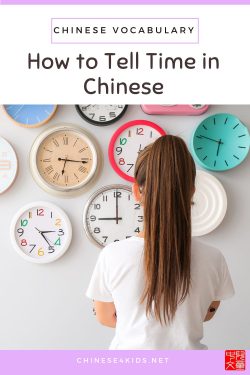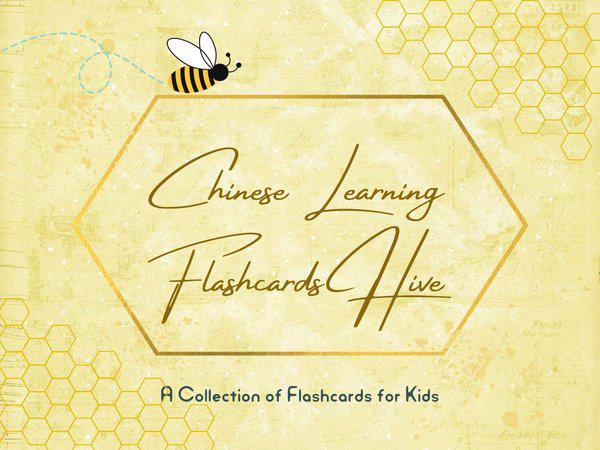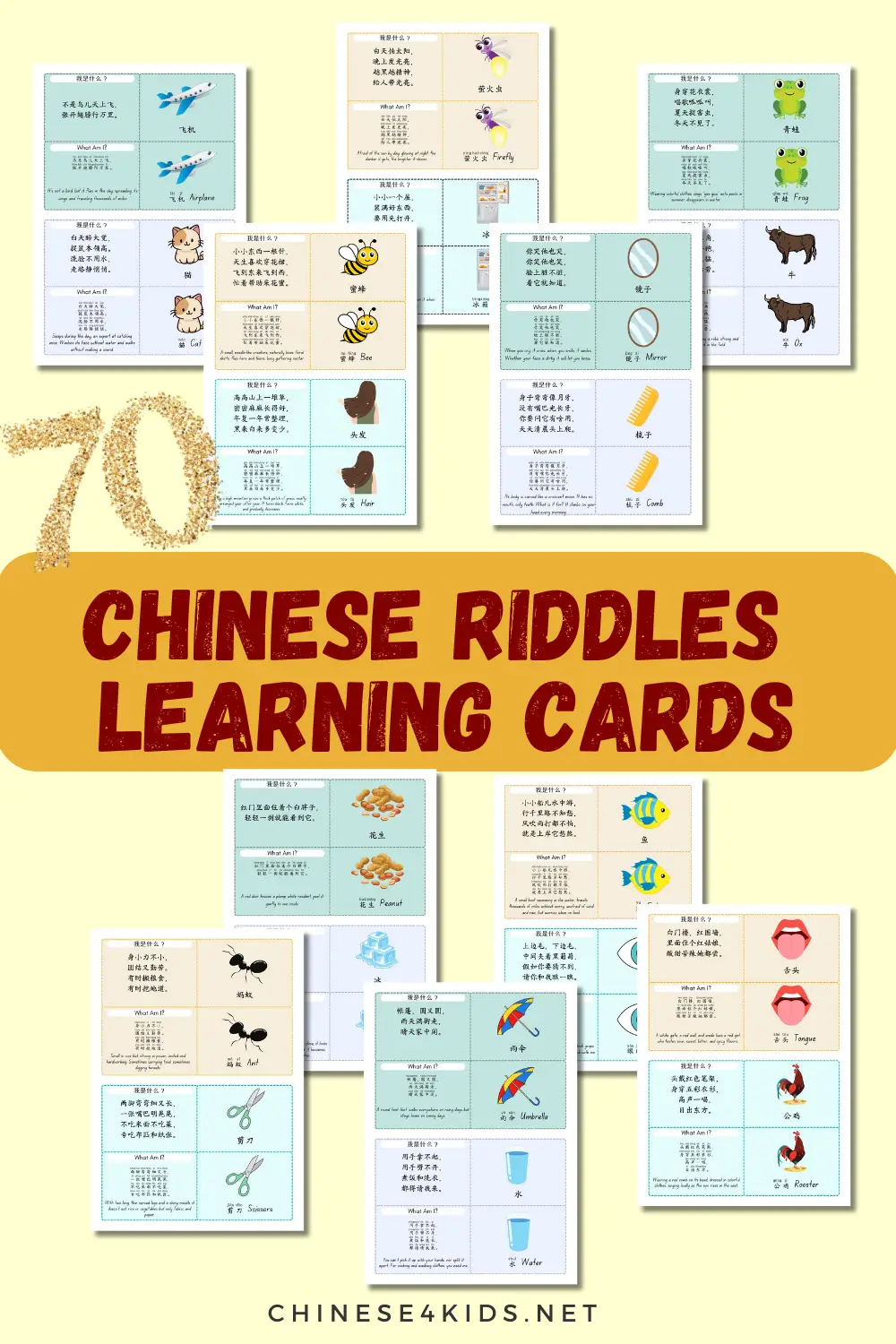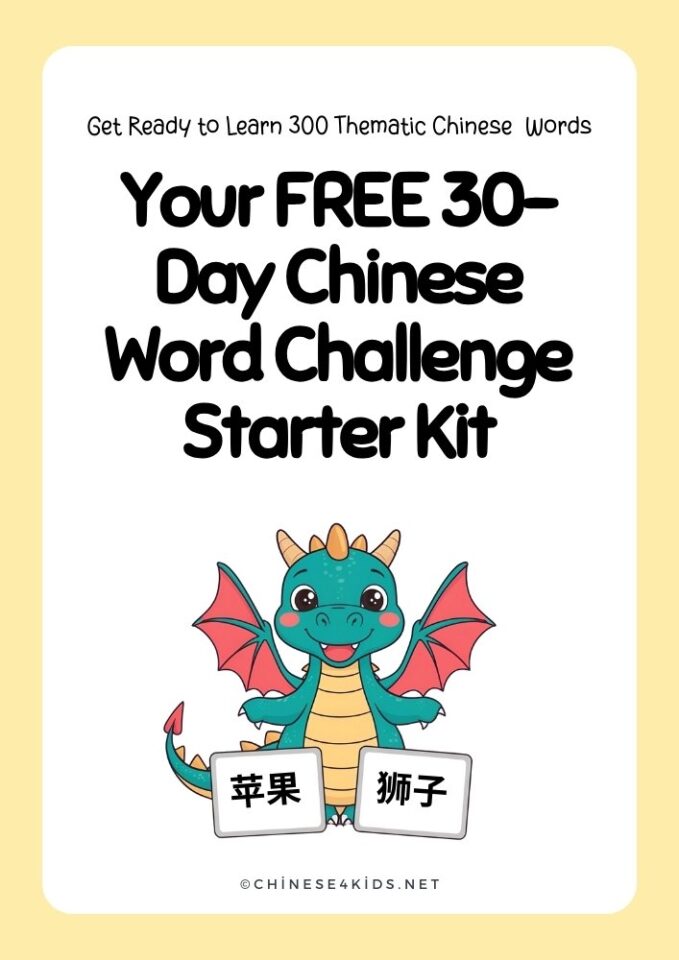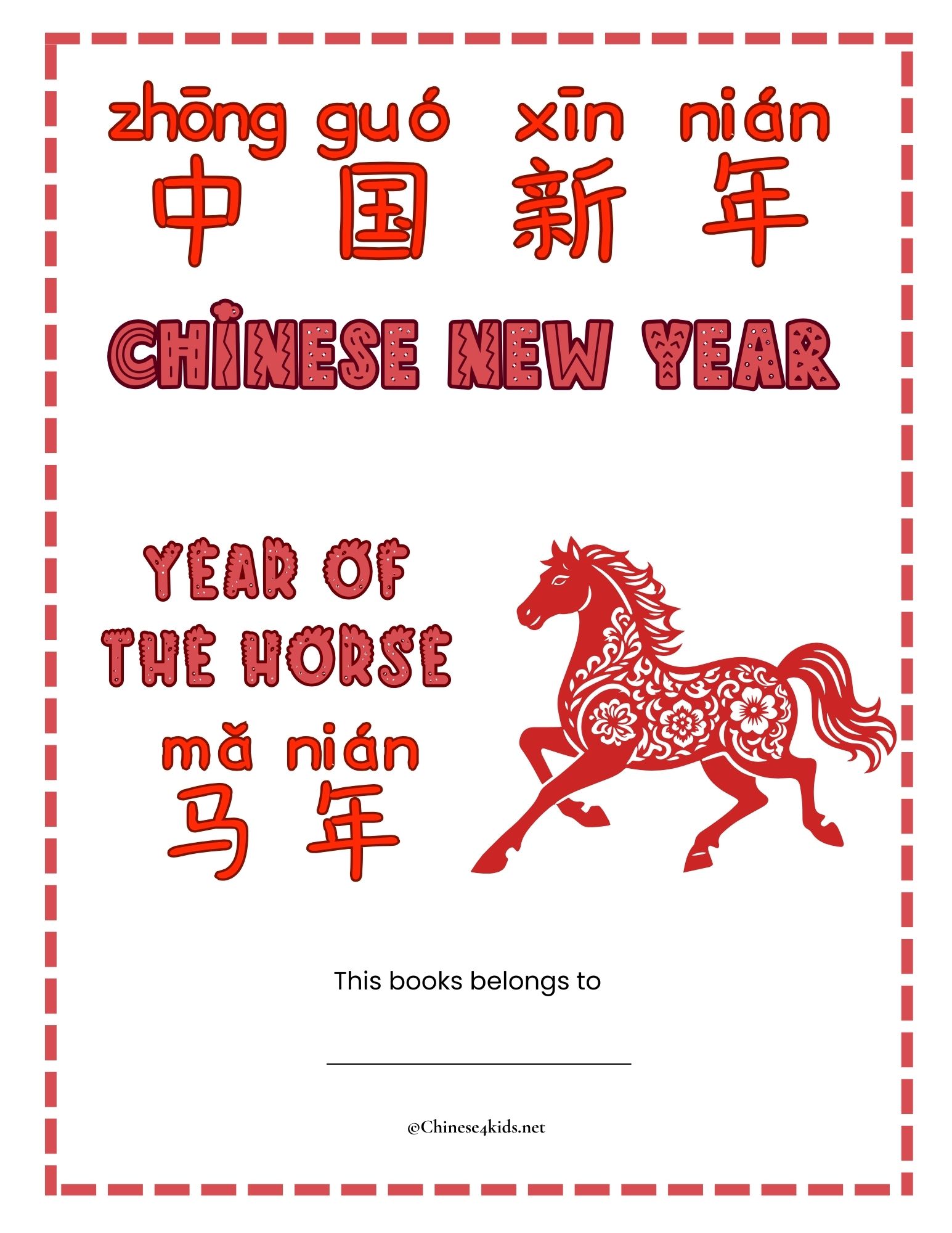
Home » Chinese Theme-Based Learning » How to Tell Time in Chinese
How to Tell Time in Chinese

Mastering the skill of telling time in Chinese opens doors to effective communication and seamless integration into daily life. Whether it’s meeting a friend for lunch or catching a train, understanding the vocabulary of time is crucial. Let’s explore these elements and how to tell time in Chinese effectively.
Basic Numbers and 点钟 (Diǎn Zhōng) – The Foundation
In Chinese, telling time revolves around two main components: numbers and the word 点钟 (Diǎn Zhōng), or 点 (Diǎn) which translates to “o’clock.” Start by familiarizing yourself with the basic numbers from one to twelve. These numbers form the core of expressing hours on the clock.
Formulating Hours
Constructing the time in Chinese is straightforward. Begin with the hour, followed by 点钟 (Diǎn Zhōng) or “点” (diǎn) to indicate “o’clock.”
For example:
- 一点钟 (yī diǎn Zhōng) – One o’cloc
- 三点钟 (sān diǎn Zhōng) – Three o’clock
- 八点钟 (bā diǎn Zhōng) – Eight o’clock
Or
- 一点 (yī diǎn) – One o’clock
- 三点 (sān diǎn) – Three o’clock
- 八点 (bā diǎn) – Eight o’clock
Minutes – Adding Precision
Minutes in Chinese is 分 (fēn). To express minutes past the hour, simply add the number of minutes after stating the hour.
For instance:
- 两点二十分 (liǎng diǎn èr shí fēn) – Two twenty (2:20)
- 十一点四十五分 (shí yī diǎn sì shí wǔ fēn) – Eleven forty-five (11:45)
“半” (Bàn) – Half Past
When it’s thirty minutes past the hour, use the term “半” (bàn) to denote “half past.”
For example:
- 九点半 (jiǔ diǎn bàn) – Half past nine (9:30)
- 四点半 (sì diǎn bàn) – Half past four (4:30)
“刻” (Kè) – Quarter
To express fifteen minutes past or to the hour, use the term “刻” (kè), which translates to “quarter.”三刻(sān kè) means 3 quarters, that is, 45 minutes.
For instance:
- 八点一刻 (bā diǎn yī kè) – Quarter past eight (8:15)
- 十二点三刻 (shí èr diǎn sān kè) – 3 quarters past twelve (12:45)
“三刻” (sān kè) vs “差一刻” (chà yī kè)
For 45 minutes past an hour, there are two ways to tell the time: “三刻” (sān kè) or “差一刻”. “三刻” (sān kè) means “three quarters past,” while “差一刻” chà yīkè means “a quarter to” or “almost a quarter to.”
Take 5:45 for example, we can use either of the following 2 expressions:
- 五点三刻 wǔ diǎn sān kè – 3 quarters past five (5:45)
- 差一刻六点 liù diǎn chà yī kè – a quarter to six (5:45)
Common Telling Time Sentences
Asking for Time
现在几点了?
Xiànzài jǐ diǎn le?
What time is it now?
Common Responses
现在八点钟。
Xiànzài bā diǎn Zhōng
It’s eight o’clock现在三点半
Xiànzài sān diǎn bàn
It’s three-thirty.现在六点差一刻。
Xiànzài liù diǎn chà yīkè.
It’s a quarter to six.
Typical Actions for Certain Time
- Morning (早上): 7:00 AM – Wake up, have breakfast.
- Noon (中午): 12:00 PM – Have lunch.
- Afternoon (下午): 3:00 PM – Study or work
- Evening (晚上): 6:00 PM – Have dinner.
- Night (夜晚): 10:00 PM – Go to bed.
Using 3-Part Flashcards to learn the time vocabulary in Chinese
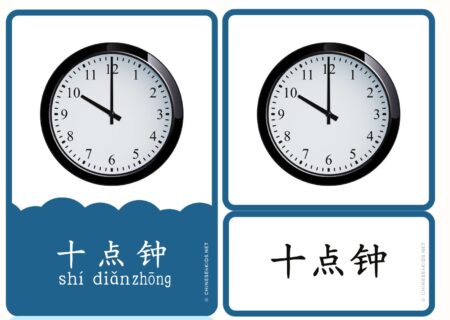
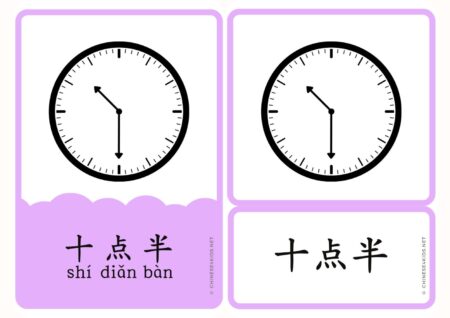
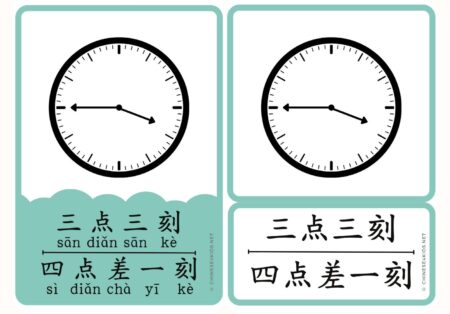
Flashcards are really helpful when learning how to tell time in Chinese. 3-part flashcards, one control card with the image of a clock depicting the time, Chinese characters for the time, and pinyin; and two other cards – one with the clock showing the time image and the other the Chinese characters.
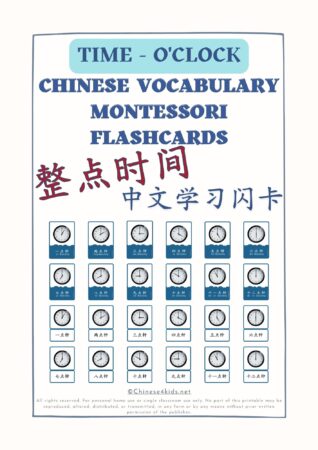
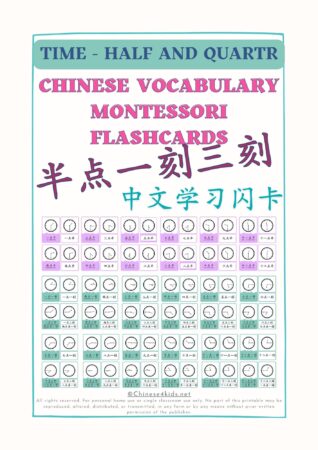
Practice by flipping through these flashcards regularly, saying the time out loud in Chinese. This method reinforces vocabulary and helps with memorization.
Learning about time (时间) is essential for everyday interactions and scheduling. By grasping these key concepts and practicing with trendy methods like flashcards, you can enhance your proficiency in telling time in Chinese. Keep exploring, practicing, and incorporating time-related vocabulary into your daily routine, and watch your Chinese language skills flourish!
Resources You May Find Useful:
- Learn Chinese Vocabulary – Months and Weekdays
- Months-Weekdays Montessori 3-Part Chinese Flashcards
- How to say “Monday, Tuesday…” and Count Weeks in Chinese
- Why is Learning Chinese Numbers Important
- Learning Chinese Numbers Booklet
- Numbers 1-10 in Chinese Practice Workbook
- Chinese Numbers 1-100 Count and Trace Flashcards
- Introducing “O’clock” Time in Chinese
- Time O’Clock Chinese Montessori 3-Part Flashcards for Kids
- Time Half and Quarter Chinese Montessori 3-Part Flashcards for Kids
If you like this article, share it.
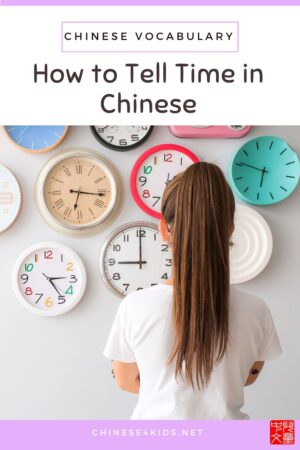
You May Also Be Interested:
- Chinese4kids Membership – a portal for busy Chinese teachers and parents
- Chinese learning flashcards Hive – a flashcards library that with regular additions of new quality Chinese learning flashcards
- Chinese learning worksheets collection – Also a part of Chinese4kids membership, this collection is for teachers and parents who want to have access to engaging worksheets and activity sheets created for kids learning Mandarin Chinese as an additional language
- Speak Chinese with Kids Course
- Chinese Vocabulary Made Easy Course
Recent Posts
Join Our Membership
Enroll to A Course
Buy An eBOOK
Our Posts
